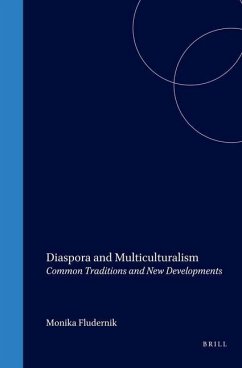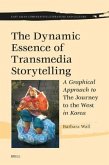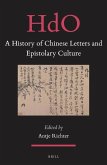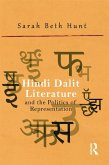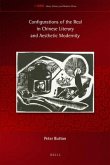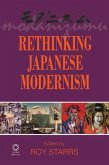In postcolonial theory we have now reached a new stage in the succession of key concepts. After the celebrations of hybridity in the work of Homi Bhabha and Gayatri Spivak, it is now the concept of diaspora that has sparked animated debates among postcolonial critics. This collection intervenes in the current discussion about the 'new' diaspora by placing the rise of diaspora within the politics of multiculturalism and its supercession by a politics of difference and cultural-rights theory. The essays present recent developments in Jewish negotiations of diasporic tradition and experience, discussing the reinterpretation of concepts of the 'old' diaspora in late twentieth- century British and American Jewish literature. The second part of the volume comprises theoretical and critical essays on the South Asian diaspora and on multicultural settings between Australia, Africa, the Caribbean and North America. The South Asian and Caribbean diasporas are compared to the Jewish prototype and contrasted with the Turkish diaspora in Germany. All essays deal with literary reflections on, and thematizations of, the diasporic predicament.
Hinweis: Dieser Artikel kann nur an eine deutsche Lieferadresse ausgeliefert werden.
Hinweis: Dieser Artikel kann nur an eine deutsche Lieferadresse ausgeliefert werden.

